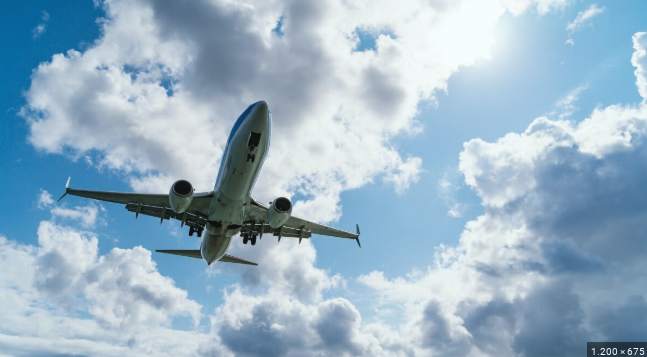ICAO’s Secretary-General shares insights on the recovery and sustainability efforts in aviation.
The civil aviation sector in the Asia-Pacific region is anticipated to fully recover to pre-pandemic levels by the first half of 2024, according to Mr. Juan Carlos Salazar, the Secretary-General of the International Civil Aviation Organisation (ICAO).
In an interview, Mr. Salazar explained that the region’s recovery has been slower than other areas, mainly due to certain countries’ internal policies and slower market reopenings. Data from the International Air Transport Association (IATA) revealed that air traffic in Asia-Pacific for the first half of 2023 was 20.3% lower compared to the same period in 2019, highlighting the region’s larger gap in recovery. This compares to a 9.7% global decrease in air traffic during the same timeframe.
As for sustainability, Mr. Salazar highlighted the Asia-Pacific’s significant potential to adopt sustainable aviation fuels (SAF). The region’s abundant feedstock resources, such as plant oils and agricultural waste, provide the raw materials necessary for SAF production. Additionally, some countries in the region have experience in producing alternative fuels, further supporting the potential for SAF adoption.
ICAO, as a United Nations agency, plays a crucial role in establishing global standards for air transport operations. In line with the Paris Agreement, the aviation sector aims for net-zero emissions by 2050. To support this, ICAO will be unveiling a global roadmap at an upcoming conference in November, which will provide stakeholders in the aviation industry with clearer guidelines and incentives to accelerate the transition to sustainable aviation fuels and significantly reduce emissions.
Mr. Salazar emphasized that sustainable aviation fuels are among the most effective solutions to decarbonize the aviation industry, offering proven solutions that can reduce emissions by up to 65%. However, challenges remain, such as the high costs of transitioning to SAF, limited global access to these fuels, and the lack of a comprehensive platform to connect energy producers with consumers and investors.
On how Singapore is supporting decarbonisation, Mr. Salazar praised the country as an early adopter of sustainable aviation technologies and a global hub for SAF production. Singapore is home to the world’s largest sustainable aviation fuel production facility, Neste’s refinery in Tuas South, which can produce up to 1 million tonnes of SAF annually.
Furthermore, Mr. Salazar highlighted Singapore’s role as a leading voice in ICAO’s global discussions on sustainability policies and its collaboration with airspace regulators. On Monday, the Civil Aviation Authority of Singapore (CAAS) signed two air traffic agreements aimed at creating more direct and efficient flight routes, setting a precedent for future regional and global collaboration.


